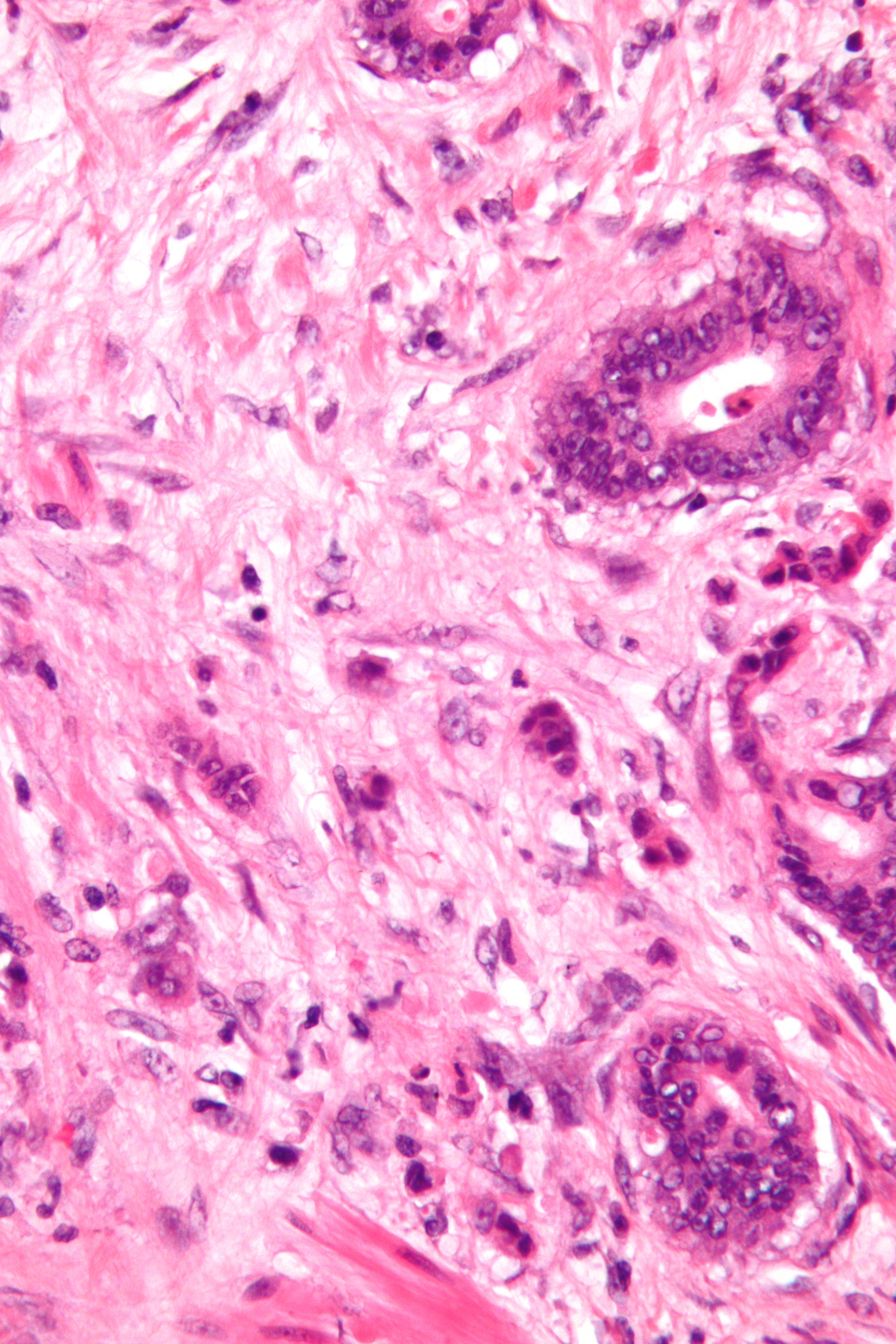 In a study published in Nature Communications, researchers at Karolinska Institutet and Uppsala University in Sweden present a new drug candidate, which selectively kills dormant cells within a cancer tumor through starvation. These tumor cells, which are found in less oxygenated parts of solid tumors, are resistant to conventional treatments.
In a study published in Nature Communications, researchers at Karolinska Institutet and Uppsala University in Sweden present a new drug candidate, which selectively kills dormant cells within a cancer tumor through starvation. These tumor cells, which are found in less oxygenated parts of solid tumors, are resistant to conventional treatments.In solid tumors larger than a few millimeters, there is usually a lack of both oxygen and nutrients due to insufficient blood vessel growth. This in turn results in cancer cells falling into a state of dormancy. After treatment, such dormant cells will start to divide and tumors will grow. This phenomenon therefore contributes to resistance of solid tumor to radio- and chemotherapy.
In their newly published study, the researchers show that cancer cells located in tumor regions that are poorly oxygenated and lack nutrition are unable to compensate for deficient mitochondrial energy production.
“We have identified a small molecule that we call VLX600, which in various in vitro and in vivo models has proven effective against dormant colon cancer cells that are otherwise very difficult to treat,” said study leader Stig Linder, professor of experimental oncology. “VLX600 is a mild inhibitor of mitochondrial respiration, and we have found that dormant cancer cells have a limited possibility to compensate decreased mitochondrial function by increased glycolysis. The dormant cancer cells therefore die by starvation.”
The VLX600 molecule has been developed in cooperation with Uppsala-based biotech company Vivolux AB, where Stig Linder is also a board member. A clinical study of the substance in collaboration with American researchers is planned to take place this year.
Date: February 18, 2014
Source: Karolinska Institutet
Filed Under: Drug Discovery




